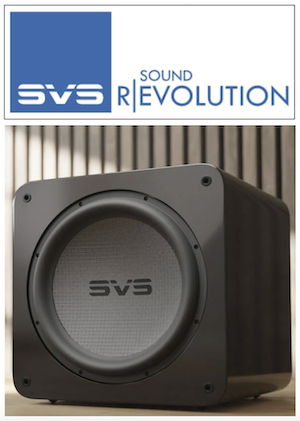(May 15, 2019) Sound United is set to acquire the consumer audio division of Onkyo Corporation. For those of you keeping track, that means Denon, Marantz, Pioneer, Pioneer Elite, Onkyo, and Integra brands will all reside under one umbrella.
According to a statement released by Sound United, a preliminary agreement has been established, which includes Sound United’s acquisition of all international third-party distribution arrangements for Onkyo, Pioneer, Elite, and Integra branded products. Onkyo Corporation is not relinquishing rights to Pioneer and Onkyo brands within its Digital Life and Embedded Audio businesses.
The entire transaction is expected to be completed at the end of next month.
“We are thrilled by the opportunity to add the venerable Onkyo and Pioneer brands to our portfolio. Sound United is one of the leading dedicated providers of premium audio/video products, and we believe the combined businesses will bring unrivaled innovation and sound performance to our consumers and channel partners,” said Kevin Duffy (CEO, Sound United). “Upon completion of the transaction, we will work tirelessly with the consumer audio division of Onkyo Corporation to ensure a seamless transition into the Sound United family so that all employees, customers and channel partners benefit from the enhanced breadth and depth of the new organization.”
According to Sound United, Duffy will preside as CEO over the expanded company.
Sound United now controls an incredible array of AV businesses, including Polk Audio, Definitive Technology, HEOS, Boston Acoustics, and Classé. Of course, that list includes the aforementioned Marantz, Denon, Onkyo, Integra, Pioneer, and Pioneer Elite brands. That’s quite a roll call of powerful names and associated product offerings.
Of course, the move raises quite a few questions about the separation of brands under the Sound United name, as both Denon and Marantz carry obvious similarities. It also raises concerns about the overall health of the industry’s more traditional AV Receiver offerings, which have met stiff competition due to consumer demand for portable wireless and soundbar products. It will be interesting to see if brand specific technologies (such as Onkyo’s AccuEQ and Pioneer’s MCACC room correction suites, along with Fireconnect) will survive, or if they’ll be eliminated in favor of Sound United’s HEOS platform and preference for Audyssey correction products.
As they say: “Stay Tuned.”
Last edited by a moderator:











